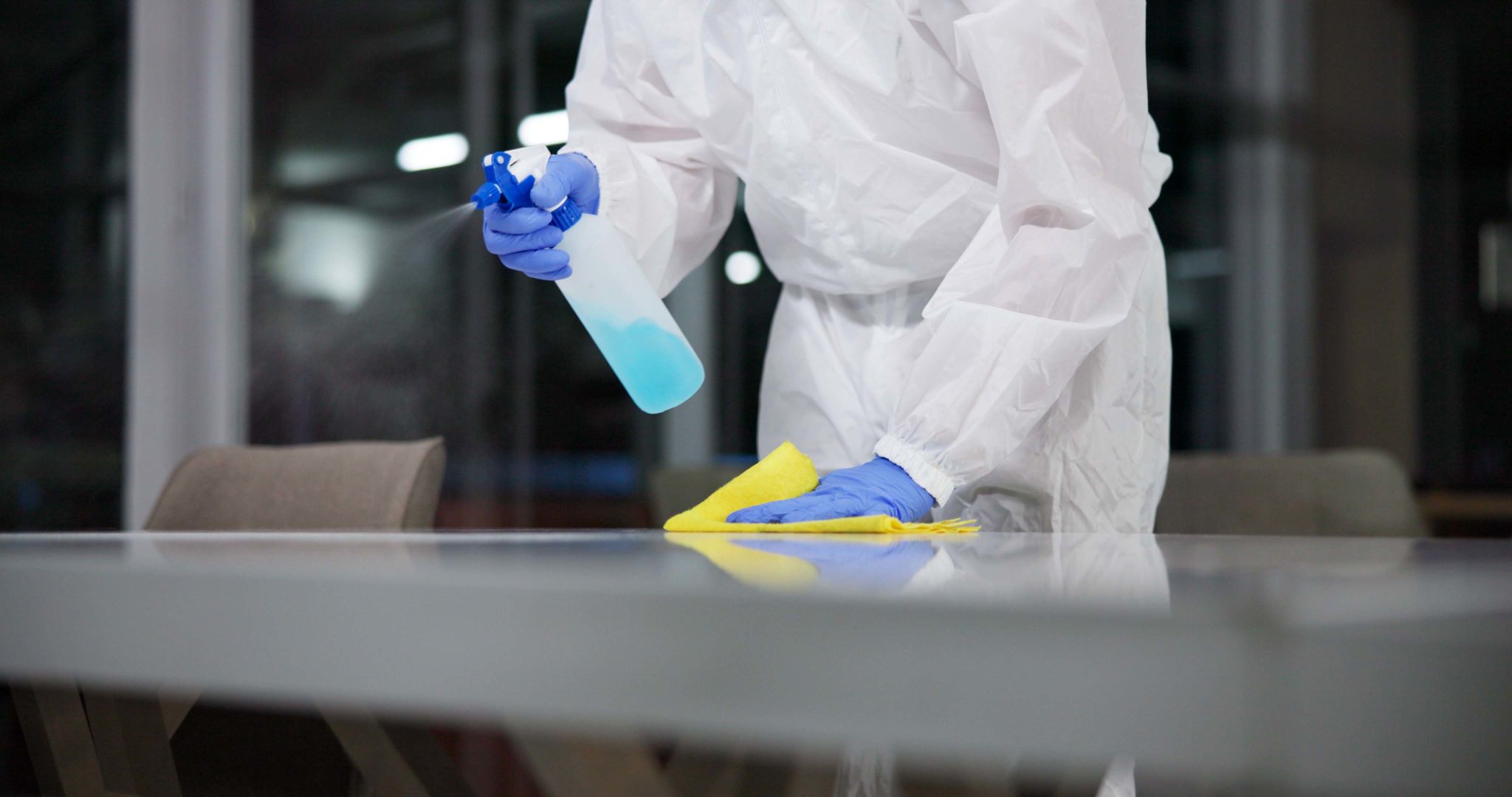Expert Insights: Why Eco-Friendly Biohazard Cleaning is the Future
Understanding Biohazard Cleaning
Biohazard cleaning is a specialized service that involves the removal and cleaning of hazardous materials, such as bloodborne pathogens, bodily fluids, and infectious diseases. Traditionally, this process has relied on strong chemicals to ensure thorough decontamination. However, as awareness of environmental issues grows, there's an increasing push towards eco-friendly biohazard cleaning methods.
Eco-friendly biohazard cleaning not only focuses on effective decontamination but also minimizes the impact on the environment. This dual approach is shaping the future of the industry, offering a sustainable alternative to conventional cleaning practices. But what exactly makes this green trend so promising?

The Environmental Impact of Traditional Methods
The traditional biohazard cleaning methods often involve harsh chemicals that can be detrimental to both human health and the environment. These chemicals can contribute to air and water pollution and pose risks to wildlife. As society becomes more environmentally conscious, there's a growing demand for solutions that mitigate these negative effects.
In contrast, eco-friendly biohazard cleaning utilizes biodegradable materials and non-toxic products. This approach not only protects the planet but also creates safer conditions for cleaning professionals and building occupants. Reducing the use of harmful chemicals is a crucial step in preserving our natural resources and ensuring a healthier planet for future generations.
The Role of Innovative Technologies
Advancements in technology play a significant role in promoting eco-friendly biohazard cleaning. Techniques such as ultraviolet (UV) light disinfection and steam cleaning offer powerful alternatives to chemical-based methods. These technologies are effective in killing pathogens and are less harmful to the environment.

Additionally, the development of plant-based cleaning solutions provides another green option for the industry. These solutions harness the natural properties of plants to break down contaminants, making them an excellent choice for eco-conscious consumers.
Benefits of Eco-Friendly Biohazard Cleaning
The shift towards eco-friendly biohazard cleaning offers numerous benefits:
- Environmental Protection: Reducing chemical usage helps protect ecosystems and reduces pollution.
- Healthier Work Environment: Non-toxic products create safer conditions for workers and building occupants.
- Regulatory Compliance: As regulations become stricter, eco-friendly practices help companies stay compliant.
- Positive Brand Image: Adopting sustainable practices enhances a company's reputation among environmentally conscious consumers.
Challenges and Considerations
While the benefits of eco-friendly biohazard cleaning are clear, there are challenges to consider. Transitioning from traditional methods requires investment in new technologies and training for staff. Companies must weigh these costs against the long-term advantages of sustainability.

Moreover, it's essential to ensure that eco-friendly products are as effective as their traditional counterparts in eliminating biohazards. Rigorous testing and quality assurance are vital to maintaining high safety standards while embracing greener practices.
The Future of Biohazard Cleaning
The ongoing shift towards eco-friendly biohazard cleaning represents a significant step forward for the industry. As awareness and technology continue to advance, we can expect these practices to become more prevalent. Companies that prioritize sustainability will not only contribute to environmental protection but also position themselves as leaders in innovation and responsibility.
In conclusion, eco-friendly biohazard cleaning is more than just a trend—it's a necessary evolution. By embracing sustainable methods, we can ensure a safer, healthier future for our planet and its inhabitants.
